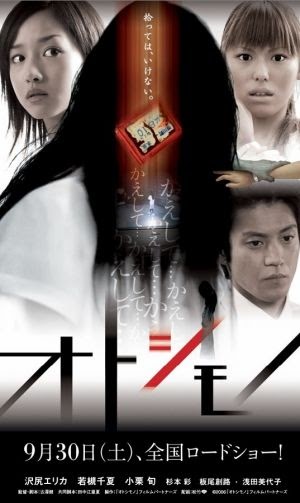
Punishments vary, from simple bamboo sticks to wips, or the worse i think is darts, usually on the ass :P The crew's mission is to make the cast members laugh, and every time they do, they get punished. The people will be filming them at EVERYTHING they do. Batsu Gemu (Punishment Game) consisting of 4 of the cast to spend 24 hours at "a location".

The are many part to this show, the most famous ones being: This is a Japanese variety show, with loads of comedy and its ongoing for since 1989! Just now, I made my manager go out to buy injection-type ointment.”īut that wasn’t Gaki no Tsukai’s only groin-pummelling moment - from dick-slapping contraptions to actual rockets getting shot into their knackers, the series is renowned for its cock cruelty.Also known as: Downtown's "Not An Errand Boy!"

Hitoshi once said of the show’s comedy nut shots: “It’s been a while since I’ve been hit to the point where I might suffer from hemorrhoids. At the end of the various contests, the comedians who fail are forced to succumb to brutal punishments, which sometimes means getting their balls busted on television. The show, which premiered in 1989 and has its own subreddit, sees the veteran comedians taking part in a number of ridiculous challenges.

These contextless clips - in which seemingly normal people get whacked in the nuts for no discernable prize - feature Gaki no Tsukai’s resident comedians, Hitoshi Matsumoto and Masatoshi Hamada, who make up the comedy duo Downtown, as well as Hōsei Tsukitei, and Naoki Tanaka and Shōzō Endō, aka the comedy duo Cocorico. Michael points out in The Atlantic, when you search “Japanese game show” on YouTube, the first clips are from this variety show, which is best known for its segments where men are getting hit in the balls. Unbeknownst to many Western viewers, this is in large part because of a show called Downtown no Gaki no Tsukai ya Arahende!! (which, according to Reddit, means something along the lines of Not an Errand Boy or No Task for Kids). Michael says that nowadays, “more and more Japanese people say their TV choices have become boring,” with many preferring to watch ordinary quiz shows with celebrity contestants.Īnd yet, the “bizarre” Japanese game-show stereotype prevails. Michael, who wrote about the “misunderstood history” of Japanese game shows in a 2013 article for Atlantic, these shows - particularly the sexually explicit ones - weren’t primetime staples in Japan, but rather late-night segments that had their heyday in the early 1990s. According to Tokyo-based journalist Patrick St.


 0 kommentar(er)
0 kommentar(er)
